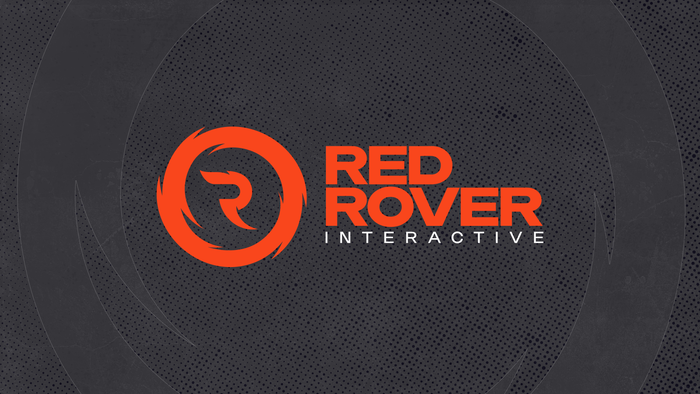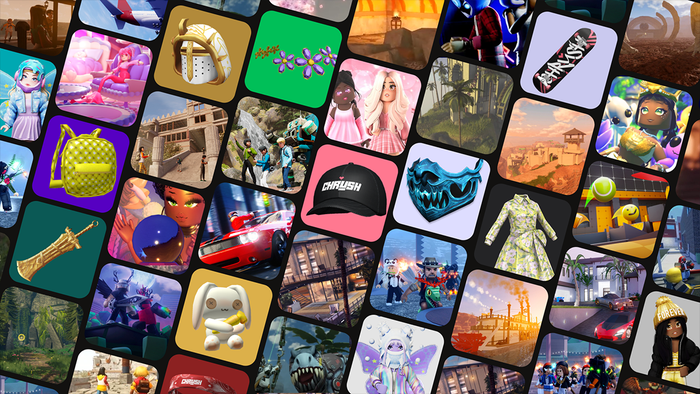At this year's Edinburgh Interactive Festival, digital ethics consultant Ren Reynolds led a discussion with industry vet Jessica Mullen, Linden Lab's Jim Purbick, and CCP's Hilmar Petursson on user protests in online worlds and games, on the heels of a co
August 14, 2007

Author: by Andrew Doull, Leigh Alexander
At this year's Edinburgh Interactive Festival, digital ethics consultant and Terra Nova writer Ren Reynolds led a panel titled "Protest in Virtual Worlds," with industry veteran Jessica Mulligan, Linden Lab's Jim Purbick, and Hilmar Petursson of CCP Productions (EVE Online). On the heels of a community scandal surrounding allegations of manipulation and developer misconduct in EVE that resulted in CCP's establishment of an internal affairs oversight group, the discussion was focused around what goes on behind the scenes in online worlds, and on identifying the reasons users become disgruntled and raise protest. "You get a lot of protest in these things, from governance, game mechanics, political process and griefing," Reynolds said. "People try to run virtual worlds as a service, but people playing the game view this as a community." "We have been planning democratically elected community representatives for a long time, and you need a venue to discuss societal issues in the world as they grow bigger and bigger," Petursson explained. "To grow beyond 500 people, you have to install some authoritarian figures into the community or build some defined structure into it." "There are hundreds of people in Second Life who are earning their living in Second Life, which makes governance even more important," Purbick noted." We've been looking at resident governance in Second Life for a long time. We now have a public issue tracker." Purbick says that despite doing a lot of "reaching out" in Second Life, petitions and protests by in-worlders are still commonplace, owing to issues like changes in economic governance, losses by users when land efforts are terminated, the limits of technology, and even things like the addition of voice, which many Second Life residents didn't want. Purbick also pointed out that growth in userbase can result in problems for users. "We had to drop live help," he recalled. "We couldn't continue to give everyone free money, which caused protest." Real-life issues coming into conflict with online world regulation can also create user protest situations; Purbick referred to the recent ban on gambling in Second Life and user fears of sexual censorship; certain jurisdictions make it illegal to have certain freedoms online. "Linden Lab is a bottle-neck: we're trying to get out of the way. We're moving to let the users create the software as well as the content. We are moving towards a much more federated structure," Purbick says. Mulligan identified three different types of users: first, the citizens, who "look out for everyone"; second, the "tribesman" user -- some 85-90 percent of the userbase -- who are invested in looking out for the microeconomy; and then the "Barbarians," who "couldn't care less. These guys create 80% of the problems," Mulligan explains. "They don't care about your rules or player justice systems." "We don't manage expectations well in the online world," Mulligan conceded. "World of Warcraft are horrible at customer service, there [are] just no managed expectations. In 9 out of 10 virtual worlds, there is no meaningful communication [between the organization and the users]. The community says one thing, marketing says another. This really comes down to unfulfilled promises."
You May Also Like




